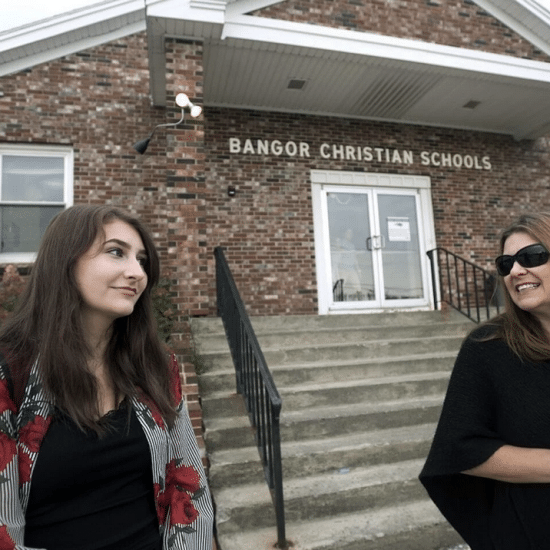Just how does a person invest in making the world a better place? It sounds like a daunting task. Our world is one with pressures and obstacles at every turn. Incremental improvement sounds so very inadequate.
This issue’s cover story (pages 1, 6-9) gives some of the finest examples of how people — in our examples, Baptist people motivated by the love of God — are literally changing the world by impacting young lives. In some cases transformation comes with the investment of a single hour a week mentoring an eager student.
In some corners of Christendom, public schools have become the whipping boy. Christians mount campaigns — some of them highly successful — calling on Christians and others to simply abandon public education as a lost cause. In some neighborhoods and in some schools, it is nearly impossible for students to secure a meaningful education, they charge.
It is undeniable that students often are discouraged from attending school because of safety issues. They are enrolled in schools in neighborhoods hard-hit by poverty and crime. They are distracted even while in class. Despair is a constant companion. Temptations to turn to inappropriate behavior and make poor life choices gain traction more easily than successfully saying no.
Some students thrive in homeschool settings and in Christian schools, and it makes little sense to disparage those choices by families.
But an all-out cry for abandonment of public schools carries with it an inevitable result: Poor and inadequate schools deteriorate more rapidly from neglect, leaving teachers, administrators, parents and students to suffer — even the most committed of them.
But as our cover story — “Blessing schools” — suggests, many organizations, congregations and individuals have grasped a vision for what might be for a school, its students and the families of those students.
It is particularly heart-warming to realize that congregations and church members are catching a vision for how to live out Christ’s teachings on relating to neighbors and caring for children in ways that are sometimes very creative and other times are simply common-sense.
The examples presented on these pages are devoid of invading schools with “preachy” or know-it-all attitudes. There is not even a hint that Christians need to strategize on how to gain control of school boards and, in the process, try to create schools in their own image.
In some communities, it is easy to understand why educators are wary when a church or Christian group offers its services to help a school. Some well-meaning believers have abused the privilege and created more harm than good. They have inappropriately pushed their own agendas.
The stories on this pages about being blessings to local schools show a different side of people of faith. Rather than being faced with predictable demands, principals are approached and asked, “What do you, your teachers and staff, and your students need that we can provide?” or “How can we help make this school a better and more successful place?”
Many volunteers go into neighborhood schools located in the heart of deteriorating neighborhoods. They surely are an encouragement to the teachers and students. But others find themselves in schools in other communities. They may be good schools or not-so-good schools, but volunteers go to make every one of them better.
It does not take a rocket scientist to recognize that improving school facilities, landscaping the grounds, making playgrounds inviting and ensuring that each class and each student has adequate school supplies will raise morale. Churches can manage modest improvement like those with a little hard work and not a whole lot of money. They need rather to be big on resolve.
It is no wonder that tutoring and mentoring programs — usually involving no more than an hour a week — can significantly lessen the load on teachers and infuse confidence and competence into the lives of students. For some students, that much one-on-one attention is more than they will receive at home. It is no wonder that individual academic performance and school test scores improve. It is no wonder that behavior is often transformed for the good.
Volunteers in these stories find tremendous satisfaction in being part of a solution. They believe the children in the schools they serve are worth the effort. To make a positive difference in life, especially in the life of an impressionable young person, empowers and motivates volunteers.
Read the stories. Some involve Missouri churches. See what is possible and how you might plug in. For our readers who are already engaged in such ministry service, keep up the good work. You know you are helping change schools and lives for the better. Thank you.
Bill Webb is editor of Word&Way.




